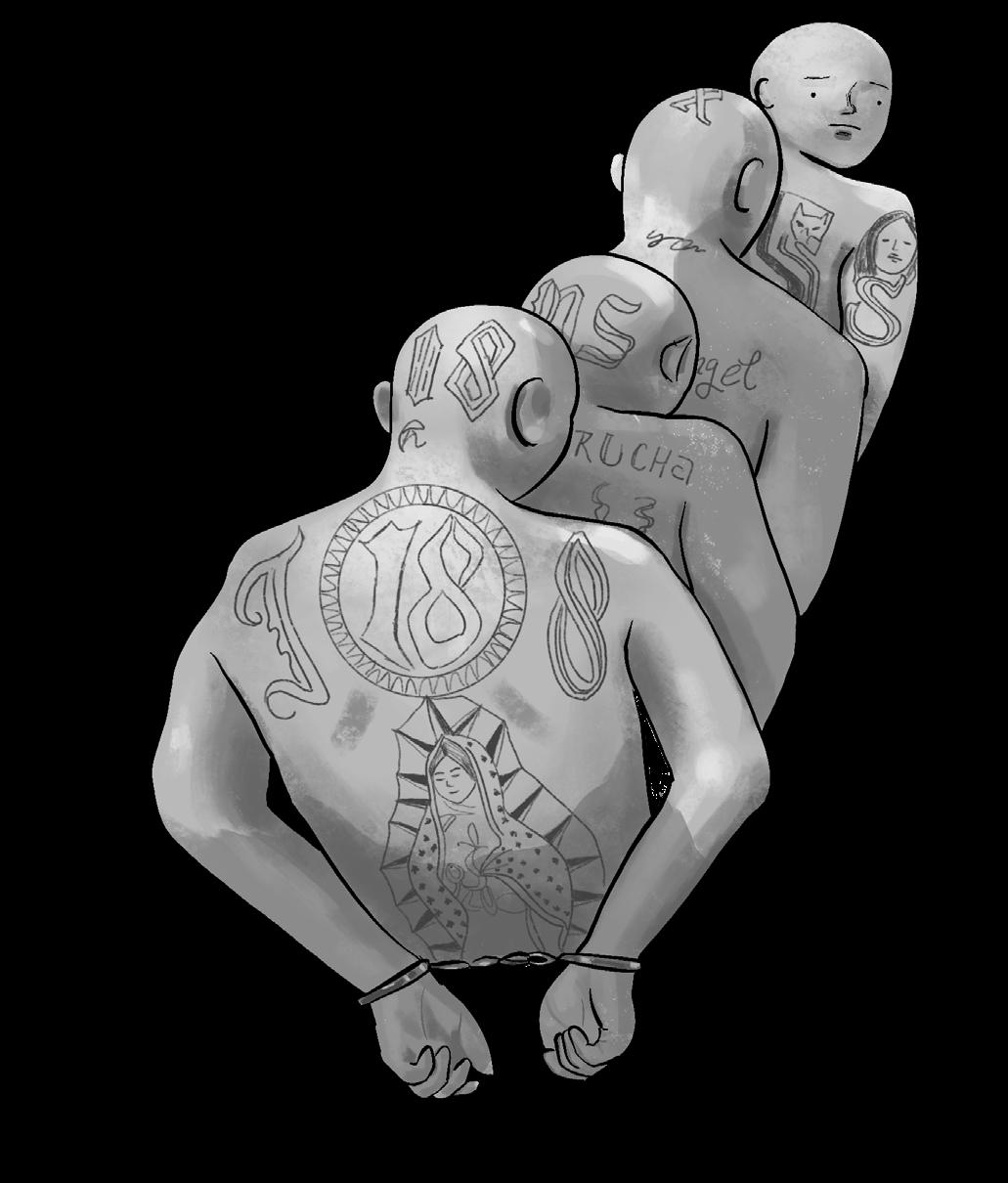
3 minute read
Roaring Inflation vs Federal Reserve
Student submission
Ella Polak
Advertisement
Gilina Voon
Kyan Wang
Lauren Wilson
Lia Yereslove
ARTISTS
Lyn Kang
Dana Lim
Jude Tantawy
Kenneth Yang
PHOTOGRAPHERS
Hsi Lok Chan
William Huang
Gilina Voon
MEDIA TEAM
Diya Boyapati
Our mission in the community is to inform, educate and investigate the events occurring within Leland’s community and beyond.
The ideas and opinions expressed in our articles represent over half of The Charger Account staff but do not represent the views and beliefs of any particular staff member.
The Charger Account invites submissions of signed letters of opinion. We reserve the right to edit submissions and pieces will be published at the discretion of the editorial staff.
Readers can notify The Charger Account to any errors in print by emailing us at lelandchargeraccount@gmail.com. We will acknowledge our mistakes in our next issue. For advertising information and pricing, please check out our website at thechargeraccount.com/advertise-with-us.
The Charger Account is distributed to the Leland community free of cost.

The Charger Account
If I asked you which item shot up the most in price in 2022, what would you guess? If you guessed Bitcoin or gold, you guessed wrong! Believe it or not, it was eggs. Eggs caused a run on the bank at Costco and other grocery stores in December. If 2020 was about toilet paper, 2022 became about eggs.
So why did egg prices increase?
One word—Inflation, or the increase in prices. Unfortunately, inflation hurts households since wages or income don’t increase proportionately. Every dollar now buys you less of everything. Inflation also has a chain reaction effect on the supply chain. For instance, chicken feed prices increased in the past couple of years, leading farmers to produce fewer chickens. Coupled with a surge in Avian Flu, this caused record inflation in egg prices!
Additionally, inflation is impacting homeownership. Today, houses are twice as expensive as last year with mortgage rates nearly doubling. But why, and what does that have to do with inflation? This is where the Federal Reserve, or the Fed, steps in. It monitors monetary policy, regulates the financial system, and tackles economic threats like inflation. To tackle inflation, the Fed increased the Federal Funds Rate, which determines all interest rates (savings and loans). By increasing the Federal Rate, it aims to increase the cost of borrowing money, declining the demand for goods. With demand and consumer affordability decreasing, prices decrease as businesses must lower prices—creating deflation. But, turning the Federal Rate knob too much risks unemployment. With increased borrowing costs and decreased demand, businesses cut costs—resulting in layoffs. Thus, the Fed must tread carefully between balancing inflation and unemployment.
Let’s see how this is playing out with used cars. Cars have always depreciated; however, with the pandemic’s disruption on the global supply chain, supply dwindled and demand skyrocketed. For the first time ever, used cars were more expensive than their original listing price in 2022. Fast forward to the increasing Federal Funds Rate in the past few weeks. Auto loan rates increased dramatically and one can buy just half the price of the same car today versus last year! Thus, fewer people are buying cars, causing manufacturers to slash prices. In the first week of January, Tesla slashed the prices of all its models by 10-15%.
We’re in the midst of the Fed’s “war” on inflation as it expects to increase the Federal Rate for the rest of 2023. Only time will tell whether or not the economy can weather the storm.
Norfolk Southern Corporation, the railroad company responsible for the infrastructure that was involved with the derailment, took the brunt of the blame and was fined $3.4 million by the Environmental Protection Agency. However, many residents believe that this amount is insufficient for the damage done. The fines also solely scapegoated the company for this incident, while other responsible parties such as lawmakers avoided blame. While railroad corporations hold some responsibility for the failures, a combination of lack of oversight from officials and the inattentiveness of the corporations towards safety resulted in this devastating accident.
January-February issue corrections
School News:
“The toll of China’s Zero-COVID policy”:
• “Policy” was misspelled as “plicy.”
Investigative Report:
“Maintaining a balance: The powerful influence of friends”:
• Juhi Khetawat’s name was misspelled as “Juhi Ketawat”
Opinions:
• Header says 2022 instead of 2023.
“An unfair trade: The Brittney Griner prisoner swap”:
• Sofia DeRollo’s name was misspelled as “Sophia Derollo.”

Lifestyle:
“All-terrain wheelchairs blaze new trails at state parks”:
• All-terrain was incorrectly written as “All Terrain.”
Science & Tech:
“The future of 3D printing”:
• Quincy Han’s art credit was missing.
Last Word:
• Isaac Ang’s page credit was missing.
“Cracking the code: Applications of secret communication”:
• “of” should be removed before “to ensure greater security.”










